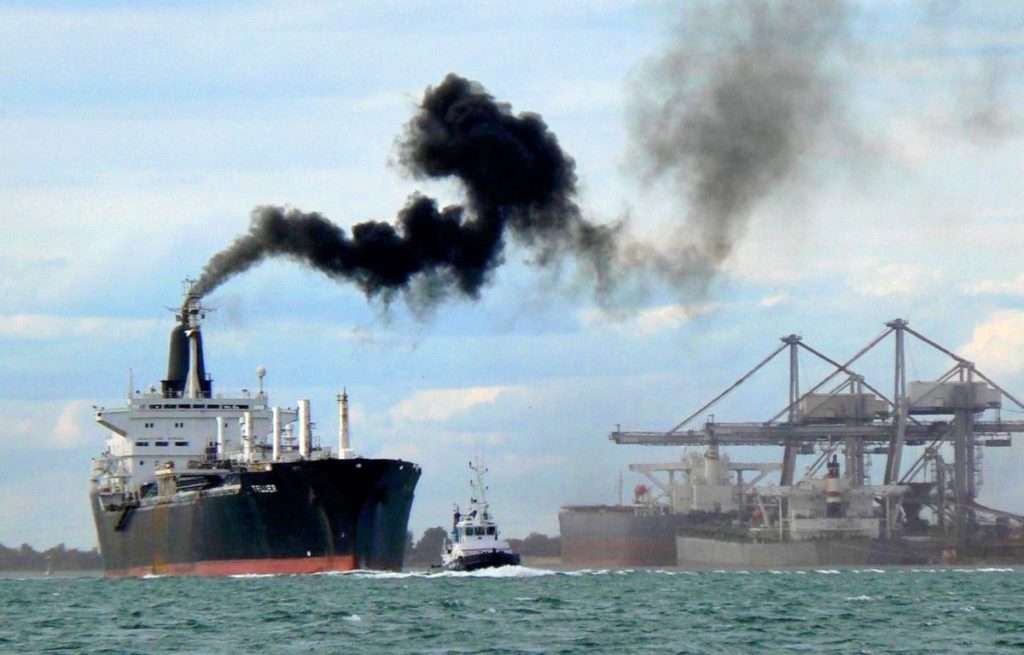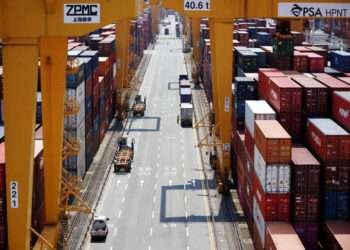An assessment report by UNCTAD on the proposed short term International Maritime Organization (IMO) Green-House-Gas reduction measure has revealed that its negative impacts are highly tilted towards developing countries including Small Island Developing States (SIDS) and Least Developing Countries (LDCs).
UNCTAD advocates that this group of countries are supported to mitigate increased maritime logistics costs, while also alleviating the consequent negative impact on their respective real income and trade flows. This is due to the constraints they face with resources.
Specifically, concerning the interests of developing countries which are highly affected by climate change factors, UNCTAD suggests that it is essential for policy makers to aim at high ambition reductions of GHG emissions from shipping. However, for those which are disproportionately affected, the report recommends that they are supported as highlighted above.
The IMO GHG measure constitutes a framework set up by the International Maritime Organization to reduce emissions of greenhouse gases from international shipping. This strategy is adopted under IMO’s pollutions prevention treaty (MARPOL)- the Energy Efficiency Design Index (EEDI) mandatory for new ships, and the Ship Energy Efficiency Management Plan (SEEMP).

Given UNCTAD’s previous work on SIDS, it indicates that SIDS pay, on average, twice as much as for the transport of their foreign trade than the world average. Particularly, SIDS are faced with remoteness and lower maritime transport connectivity which undermine the resilience and reliability of their transportation systems and increase their transport and trade costs.
Furthermore, UNCTAD highlights the importance behind providing technical and financial support to these countries. Thus, ensuring that they can effectively contribute to climate action in maritime transport.
With time, these countries can also alleviate and adapt to any potential negative impact of new regulatory measures on their transport, connectivity, and sustainable development aspirations.
The IMO GHG measure to achieve SDG Goal 13
In achieving goal 13 of the Sustainable Development Goals (SDGs), maritime transport is at the forefront of the climate change challenge, the report stresses.
The maritime industry handles over 80 per cent of world merchandise trade by volume and more than 70 per cent of its value being maritime transport, shipping and ports. The industry therefore faces the dual challenge of cutting its carbon footprint and building its resilience to withstand unavoidable climate change impacts better.
“Achieving the targets of the Initial IMO Strategy on reduction of GHG emissions from ships is crucial for sustainable development in an increasingly fragile, inter-linked, and complex global eco-system.”
UNCTAD
Moreover, UNCTAD highlights that the assessment is crucial as the possible impacts on countries before the adoption an implementation of the IMO short-term measure on GHG reduction in shipping constitutes good regulatory governance.
These insights gained can help anticipate and understand the potential negative impacts or unintended effects that may arise. It can also help ensure that the IMO measure achieves its set goals while, at the same time, taking into account relevant implementation and compliance costs that may arise.
READ ALSO: Average lending rate down by 0.36% in first 6 months of 2021





















